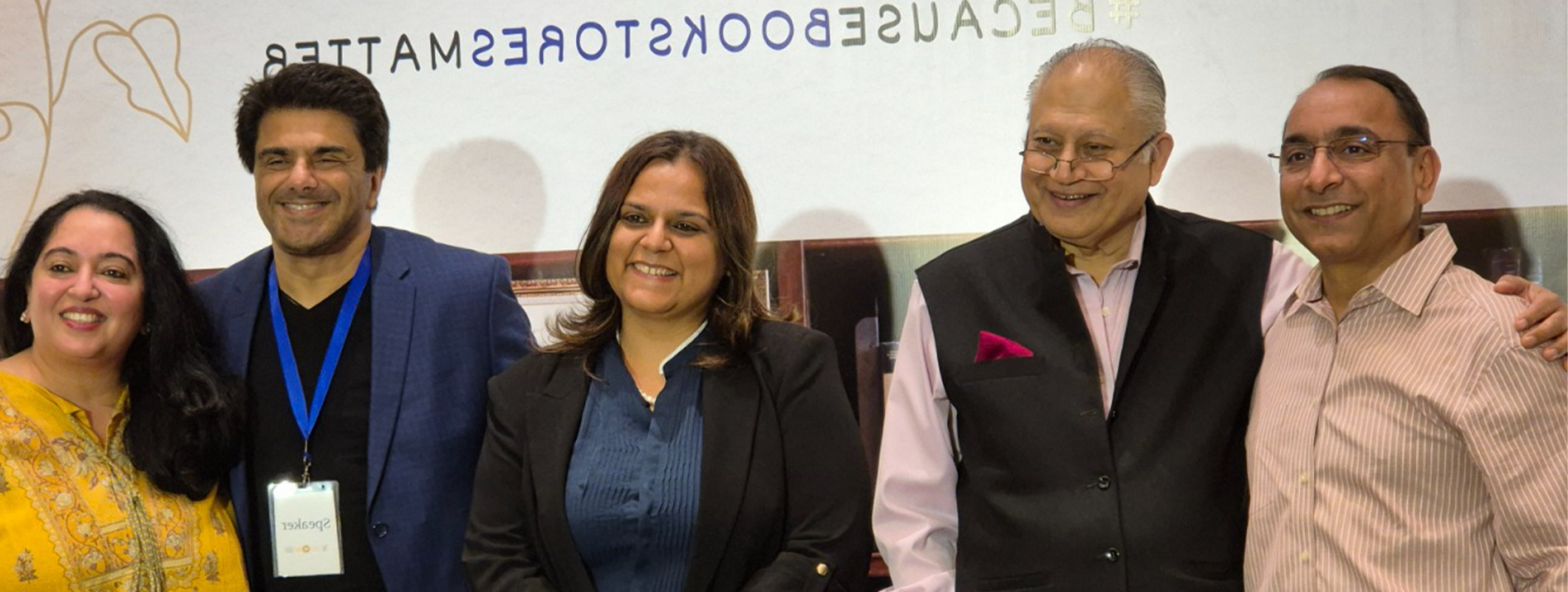The life of a motivational speaker might seem glamorous from the outside. You travel the world, inspire audiences, and witness the transformative power of your words. However, the relentless nature of travel, the pressure to deliver impactful presentations, and the constant “on” mentality can take a toll. The slow burn of stress, often overlooked in the pursuit of success, can erode your energy, enthusiasm, and ultimately, your ability to connect with your audience.
This guide delves into the specific challenges faced by motivational speakers and equips you with effective strategies to recognize and overcome stress, ensuring you maintain the passion, focus, and energy needed to thrive in your career.
Understanding the Slow Burn: The Unique Stressors of Motivational Speaking top Indian Motivational speakers face a unique set of stressors that can contribute to the slow burn of stress. Here are some key factors to consider:
Travel Demands: Frequent travel disrupts sleep patterns, creates logistical challenges, and can lead to feelings of isolation.
Performance Pressure: Delivering consistently high-energy, impactful presentations in front of diverse audiences can be emotionally and mentally draining.
Constant “On” Mentality: Motivational speakers are often expected to maintain a positive and enthusiastic demeanor, even when facing personal challenges.
Self-Doubt and Comparison: Witnessing the success of other popular public speakers in India can lead to feelings of inadequacy or pressure to outdo yourself.
The “Always-On” World: Social media can blur the lines between work and personal life, making it difficult to truly disconnect and recharge.
These stressors can manifest in various ways, impacting your physical and mental well-being. Common signs of stress for motivational speakers might include:
- Difficulty sleeping or maintaining healthy sleep patterns
- Increased fatigue and lack of energy
- Difficulty concentrating or focusing during presentations
- Increased irritability or emotional outbursts
- Cynicism or loss of passion for your work
- Strategies for Overcoming Stress and Maintaining Peak Performance.
Recognizing the signs of stress is the first step. Here are some practical strategies you can implement to manage stress and maintain your peak performance:

Building Resilience: Cultivating a Stress-Management Toolkit
Prioritize Sleep: Aim for 7-8 hours of quality sleep each night. Develop a consistent sleep routine and establish healthy sleep hygiene practices to ensure restful sleep.
Maintain a Healthy Lifestyle: Eat a balanced diet, exercise regularly, and engage in activities that promote relaxation (yoga, meditation, mindfulness).
Set Boundaries: Learn to say no to requests that drain your energy or time. Schedule time for yourself to disconnect and recharge.
Practice Gratitude: Focus on the positive aspects of your life and career. Keep a gratitude journal or regularly express your appreciation for the opportunities you have.
Cultivate a Supportive Network: Build a network of trusted friends, colleagues, or a therapist who you can confide in and seek support from when needed.
Managing Performance Pressure and Self-Doubt
Preparation is Key: Thoroughly prepare for each presentation. This reduces performance anxiety and allows you to deliver a confident and impactful message.
Embrace Imperfections: No one is perfect, and every presentation won’t be a home run. Focus on delivering your message with authenticity and passion.
Focus on Your Goals: Remind yourself of your passion for motivating others and the positive impact you have on your audience.
Limit Social Media Comparison: Social media often showcases only the highlight reel. Limit unhealthy comparisons and focus on your own unique journey.
Creating a Sustainable Lifestyle: Balancing Work and Personal Life
Schedule Downtime: Block out dedicated time in your schedule for relaxation and personal activities. Treat this time as non-negotiable.

Disconnect to Reconnect: When you’re not working, silence work notifications and disconnect from social media. Give yourself permission to truly be present in the moment.
Pursue Activities You Enjoy: Engage in hobbies and activities that bring you joy and help you de-stress. This could be anything from reading to spending time in nature.
By implementing these strategies, you can cultivate a healthy balance in your life and ensure long-term success in your career as a motivational speaker.
Remember, taking care of your physical and mental well-being is not a luxury – it’s essential for maintaining the energy, enthusiasm, and authenticity that allows you to inspire and empower your audiences.
The Final Note: Embracing a Growth Mindset
A successful motivational speaker is a lifelong learner. Continuously seek new ways to improve your craft, manage stress, and maintain your well-being. Embrace challenges as opportunities for growth, and remember that prioritizing your physical and mental health is not a sign of weakness – it’s a testament to your commitment to showing up authentically and delivering impactful presentations that leave a lasting positive impact on your audience.
So, motivational speaker, breathe deeply, take charge of your well-being, and continue your journey of inspiring countless individuals with your passion and vision!


